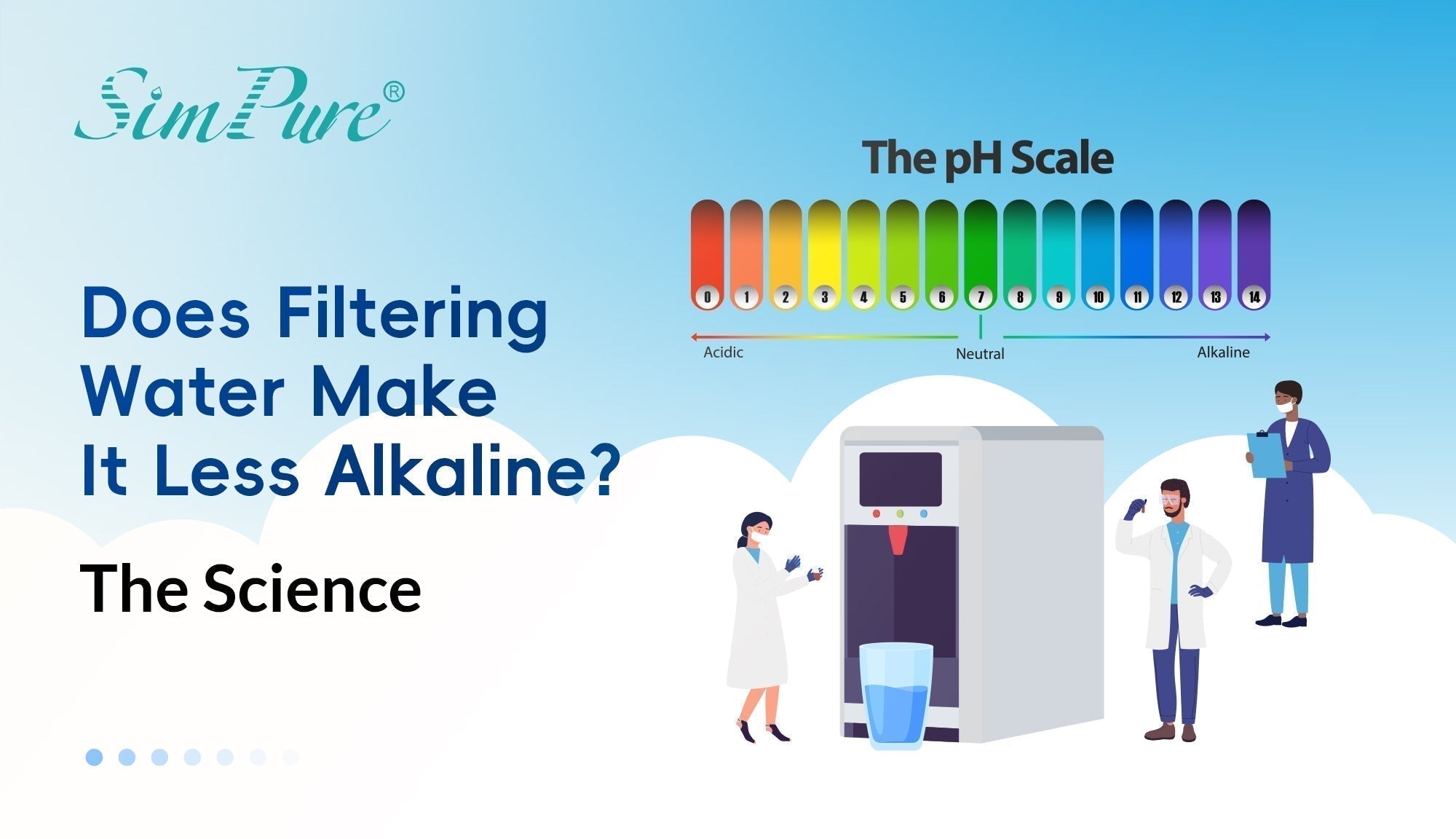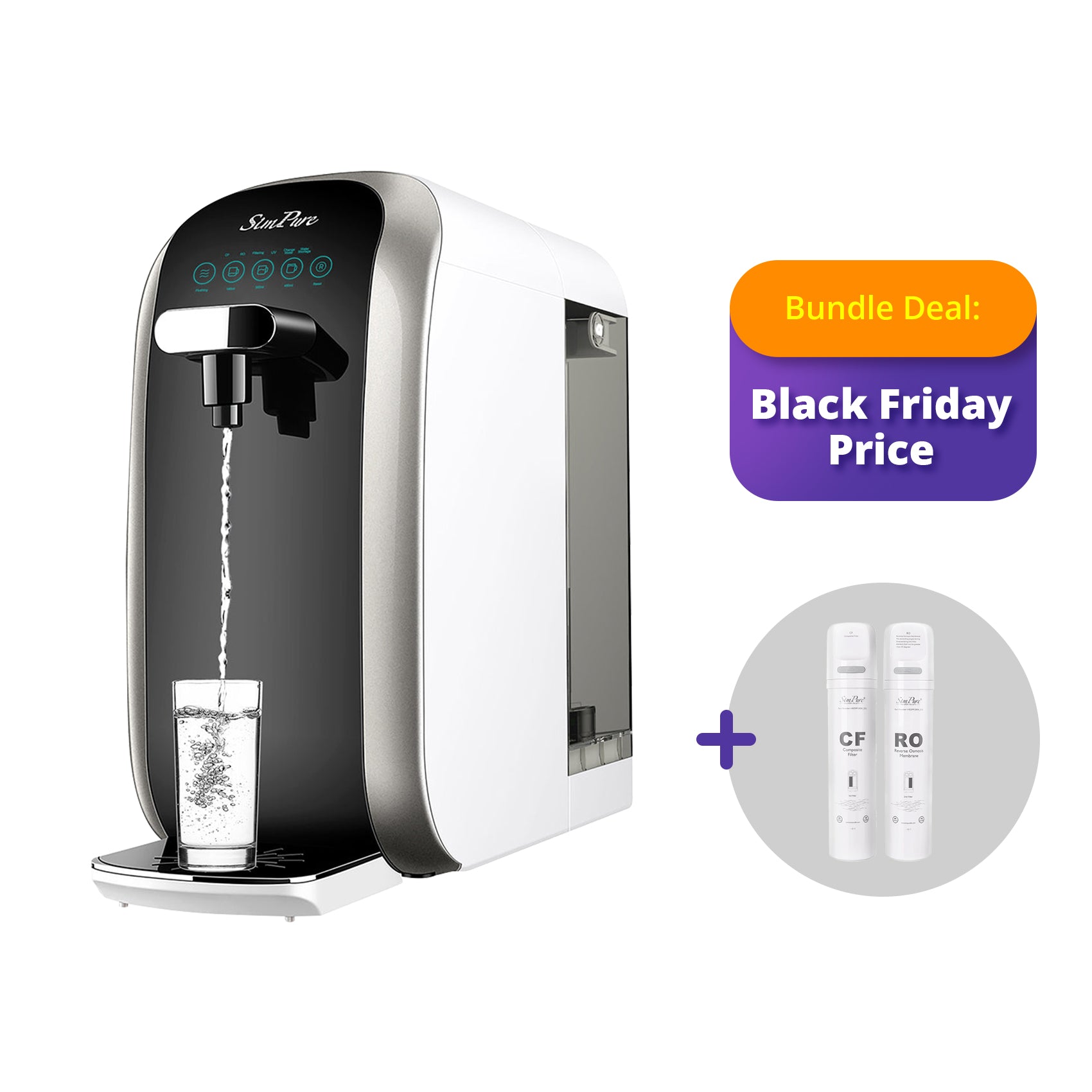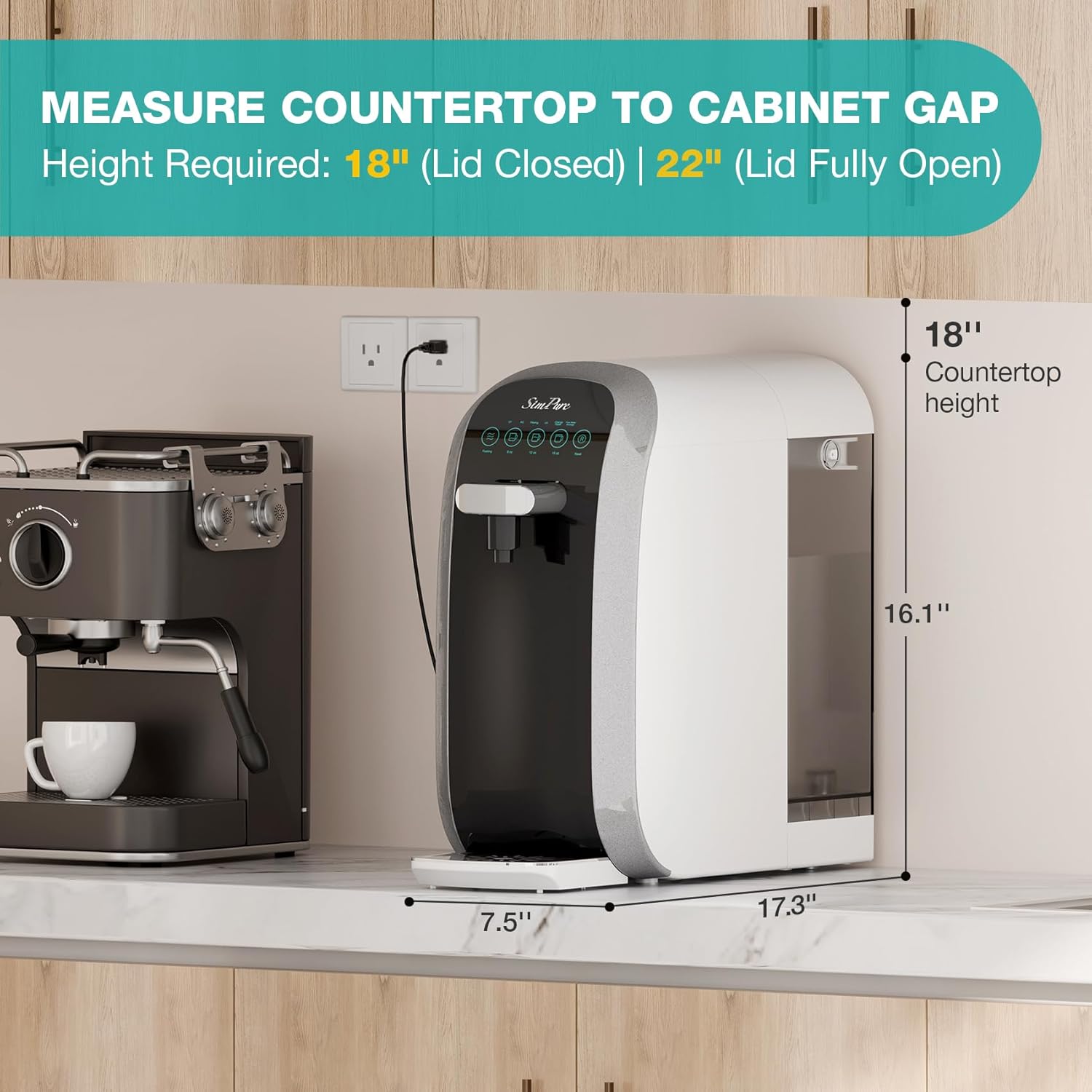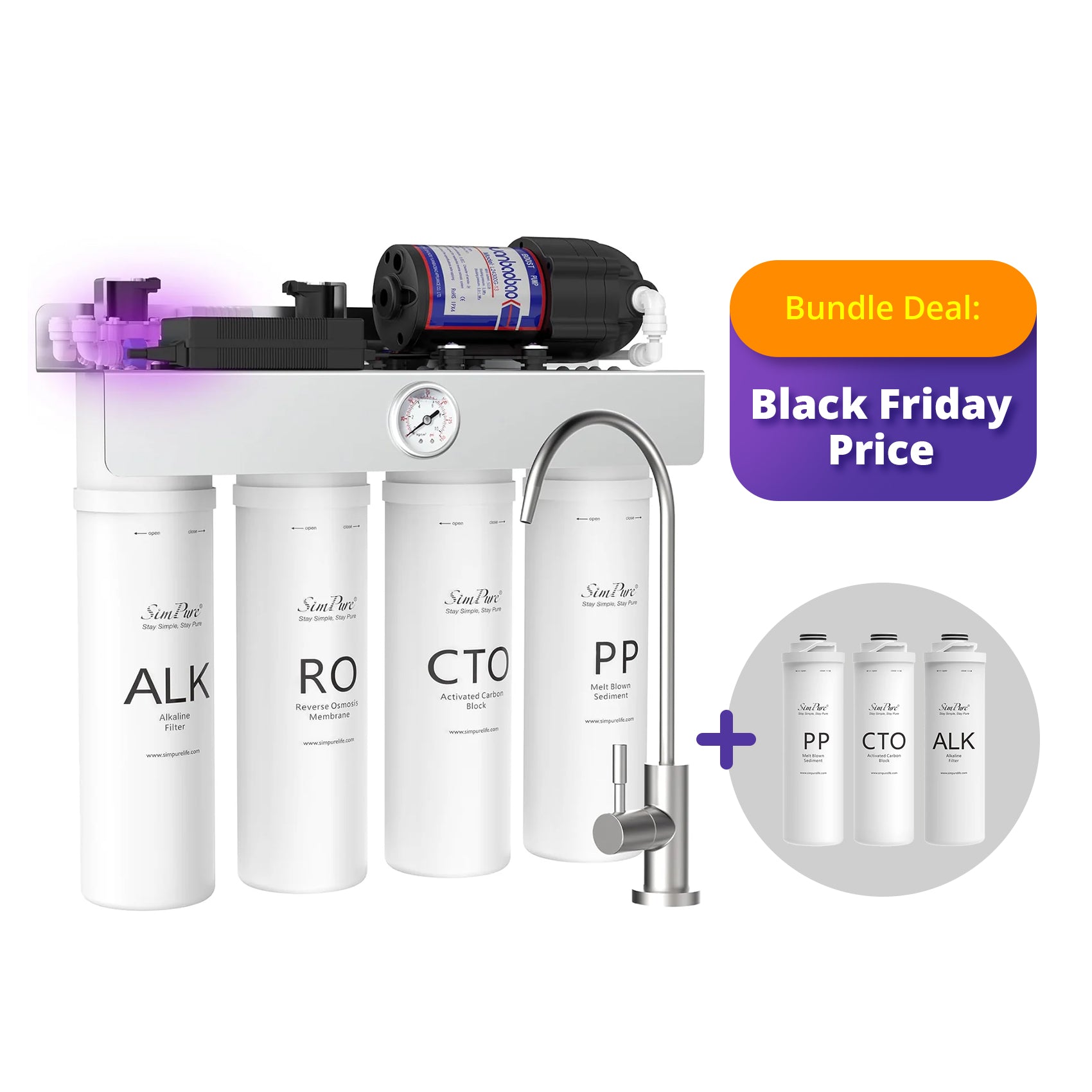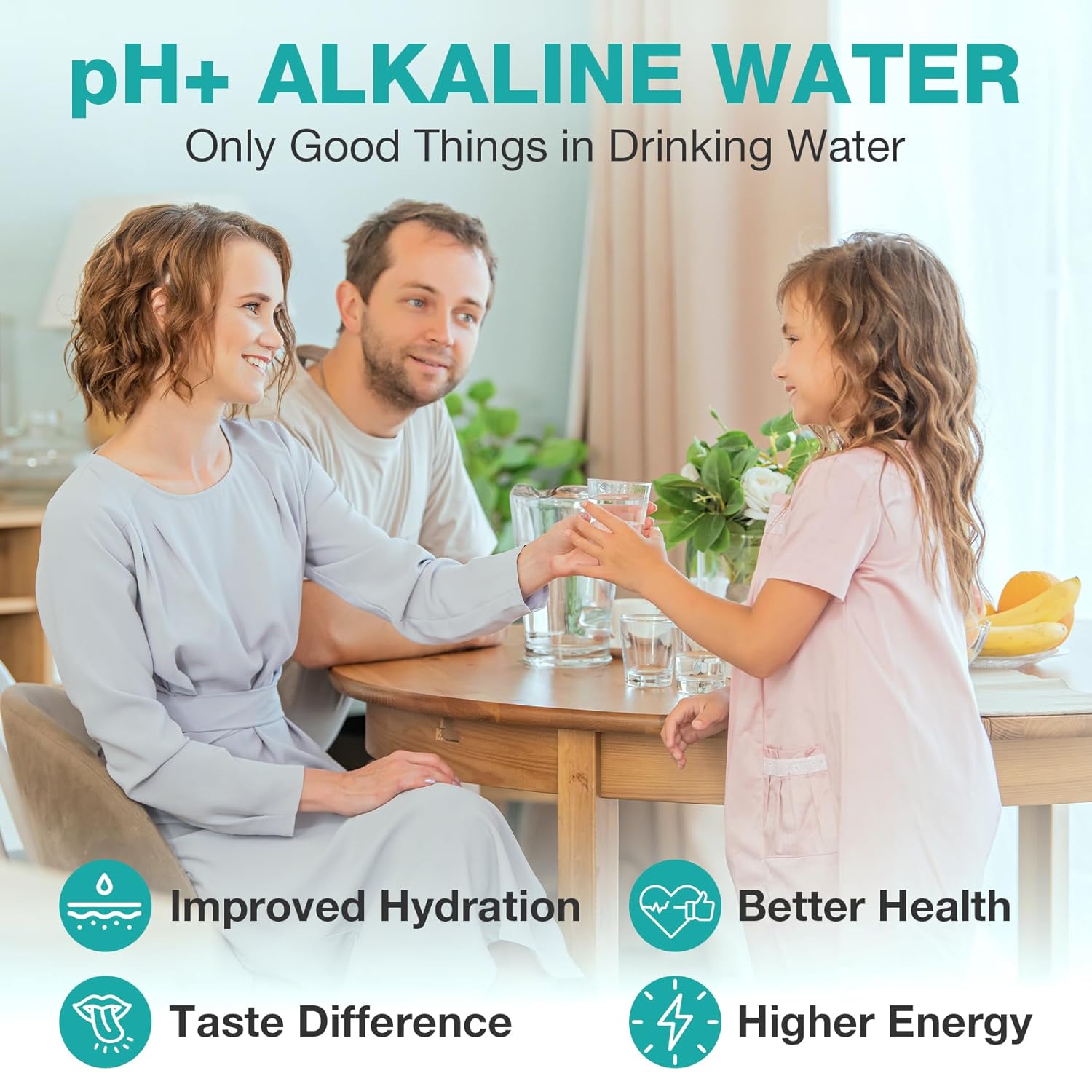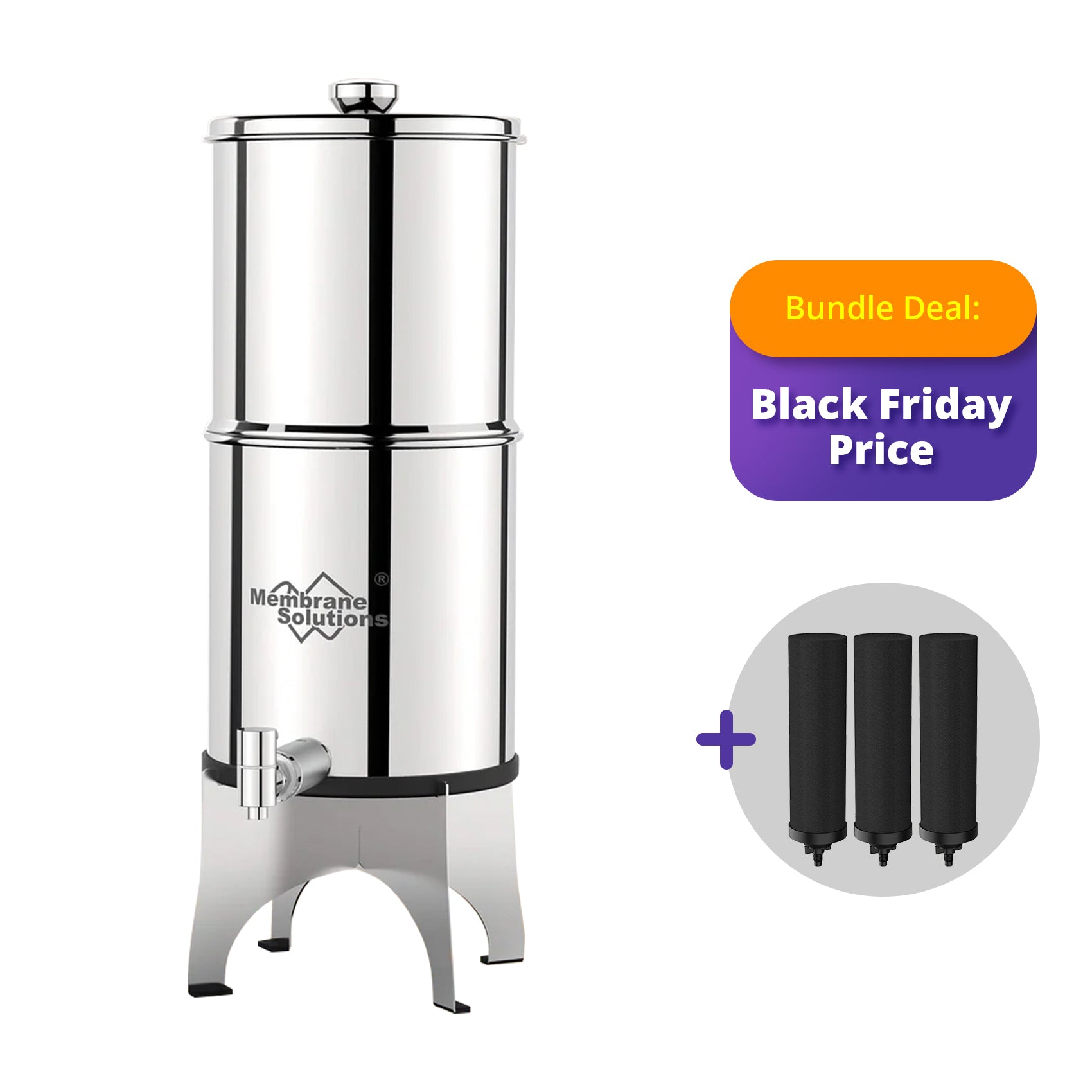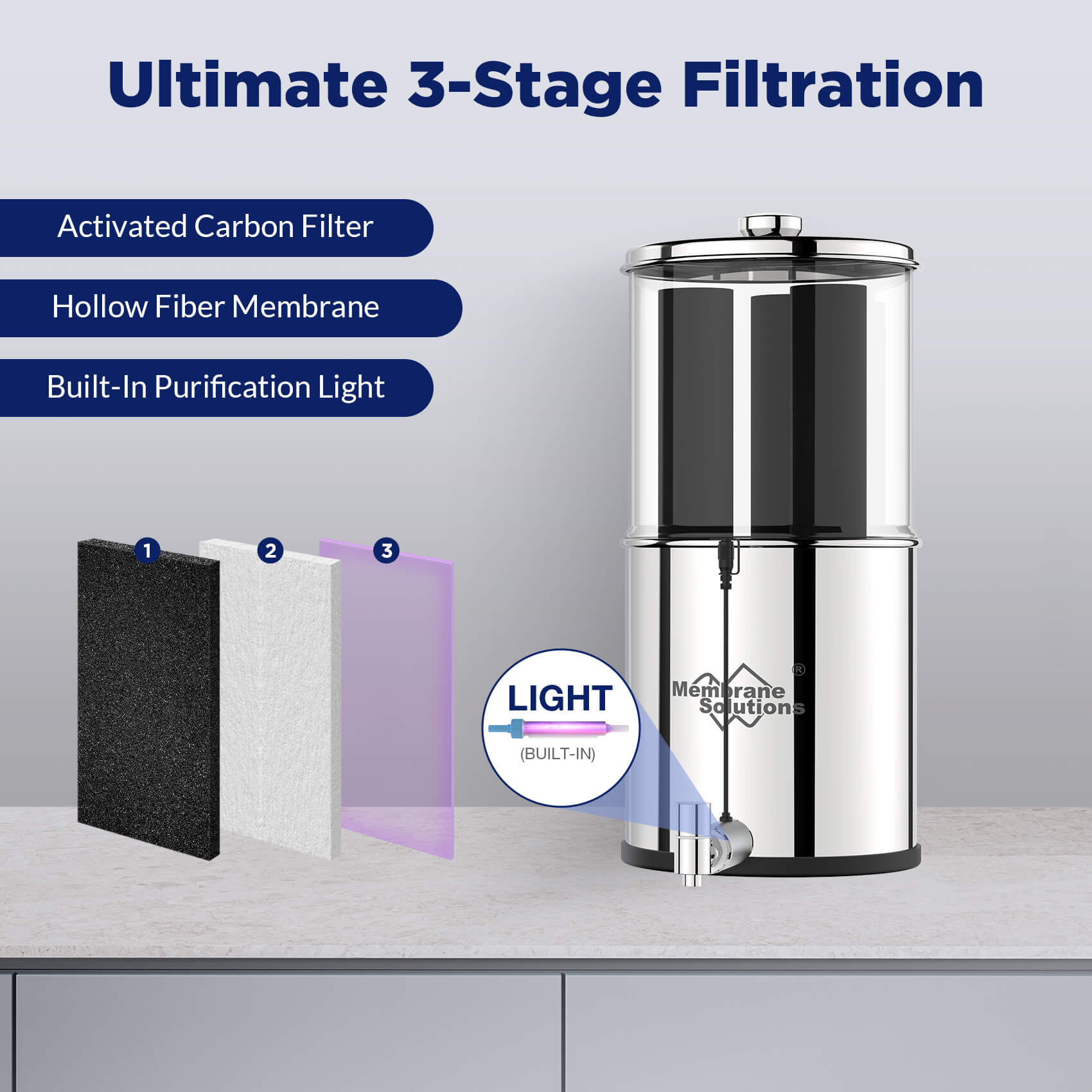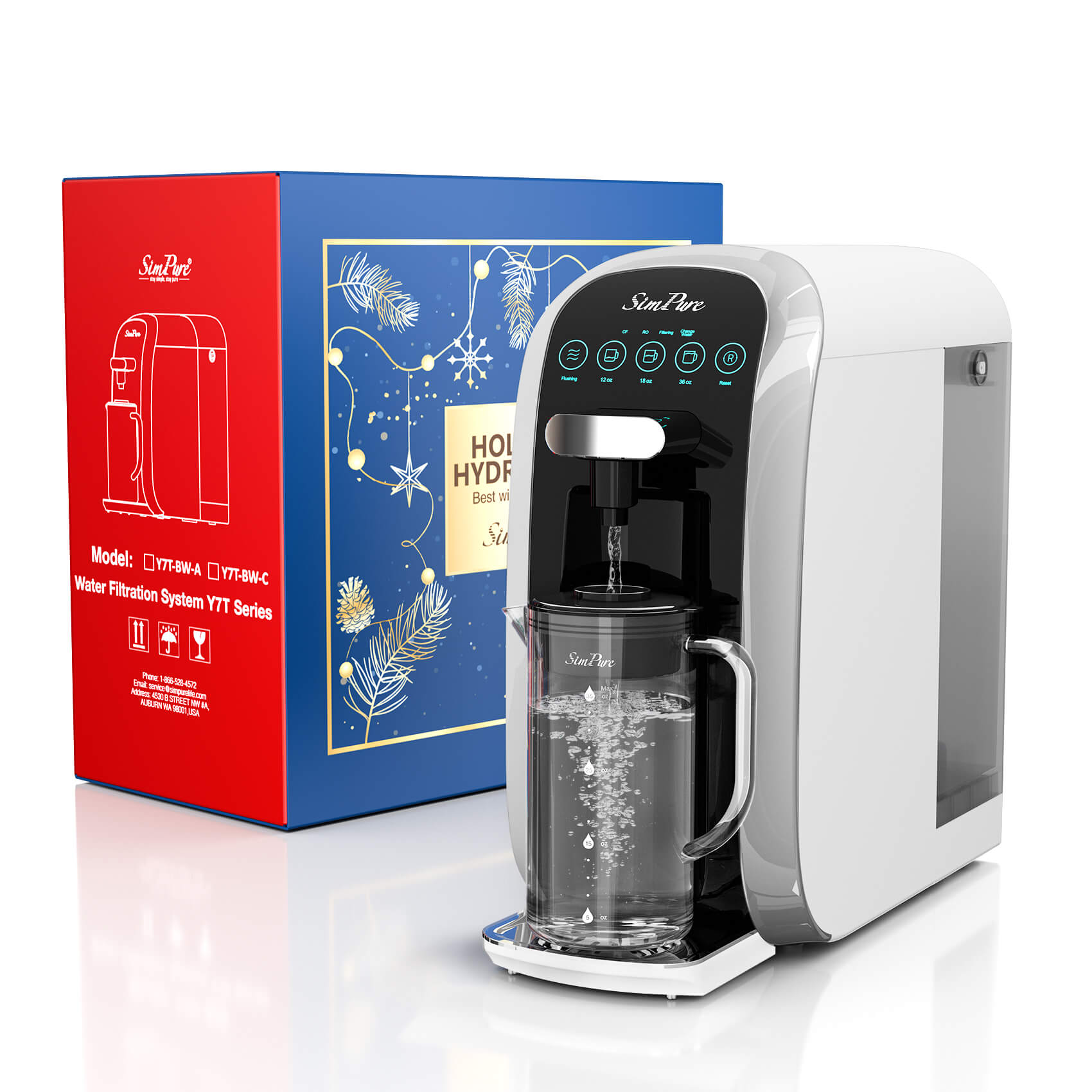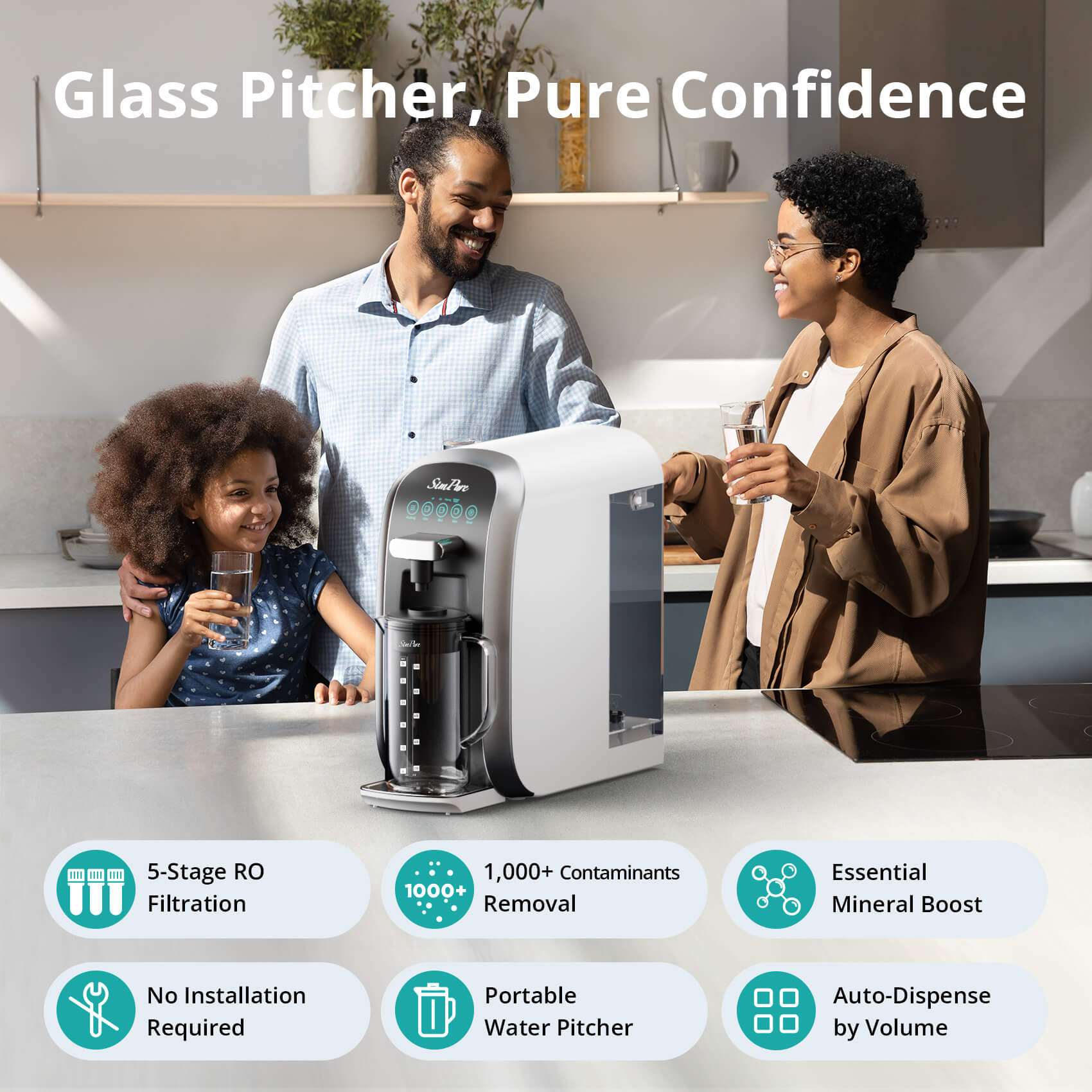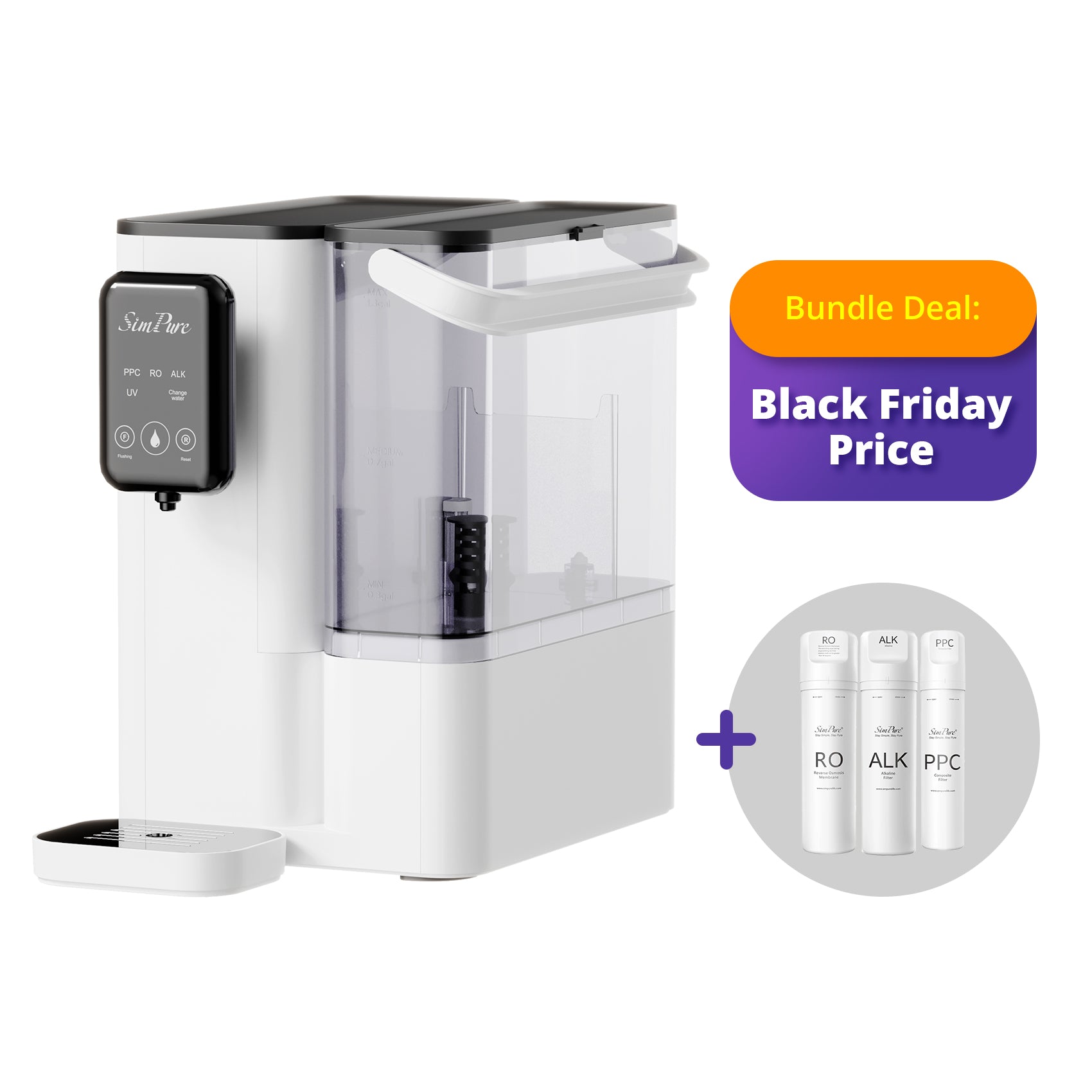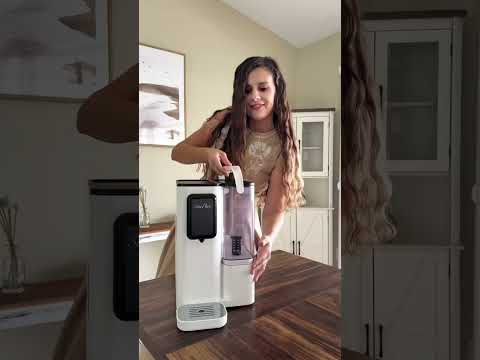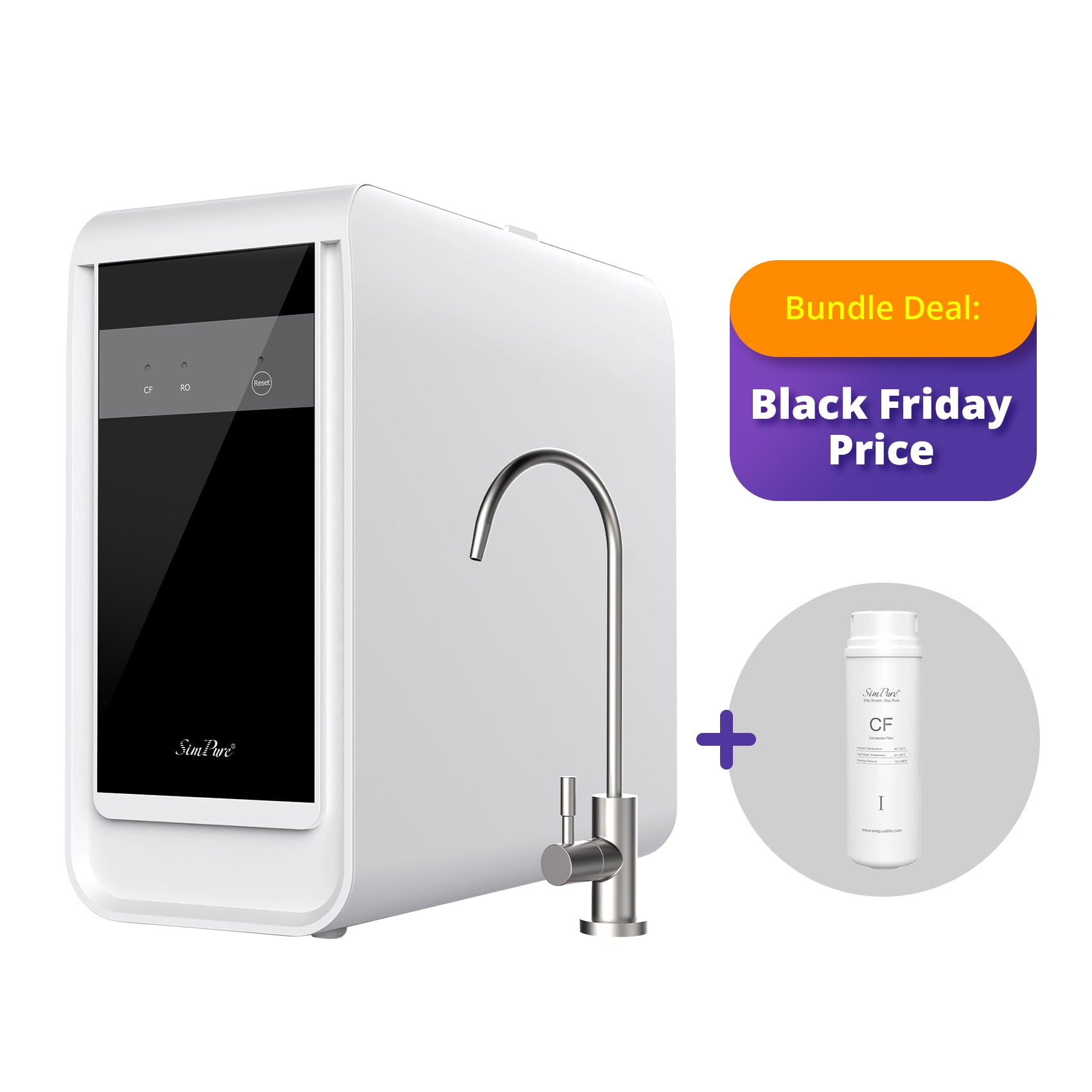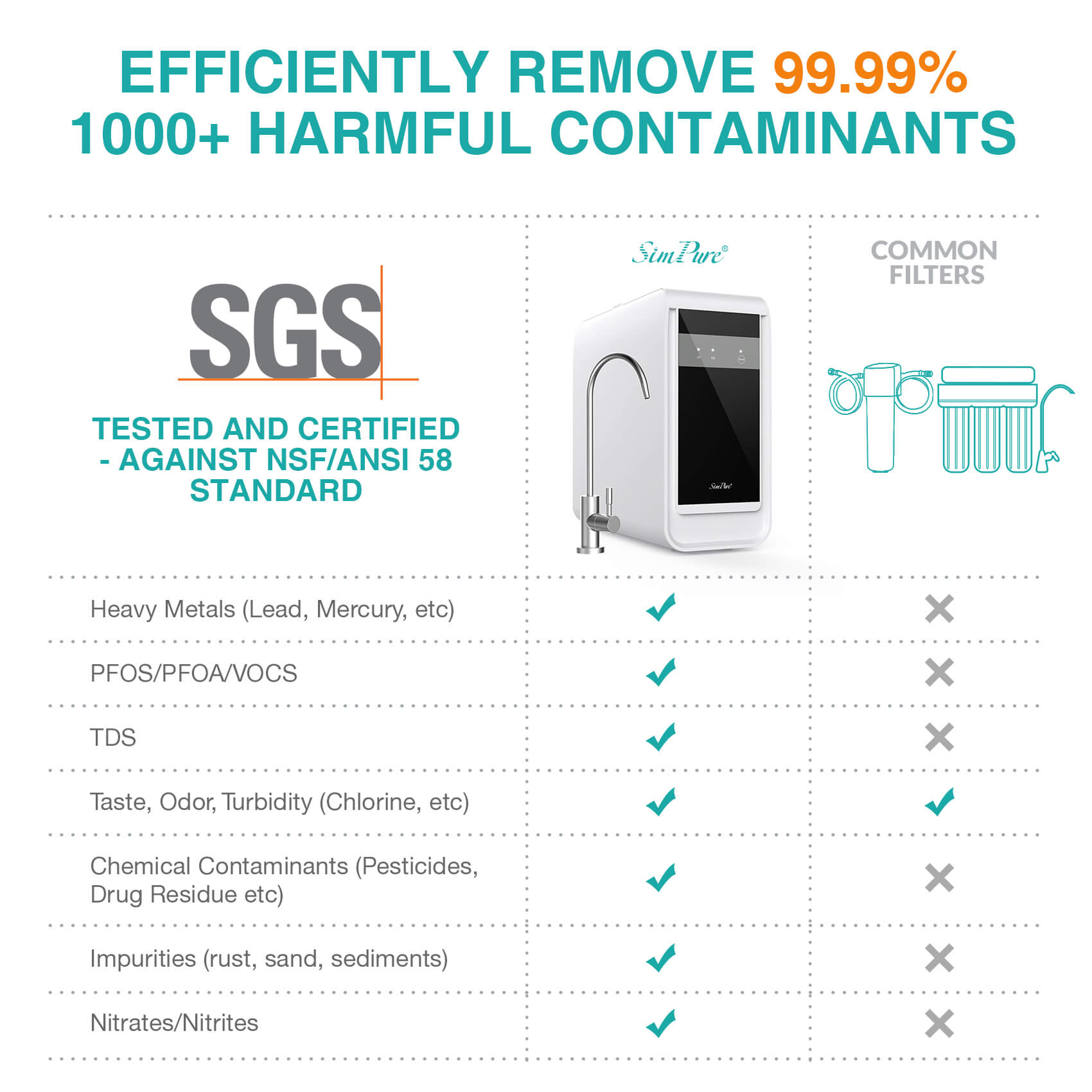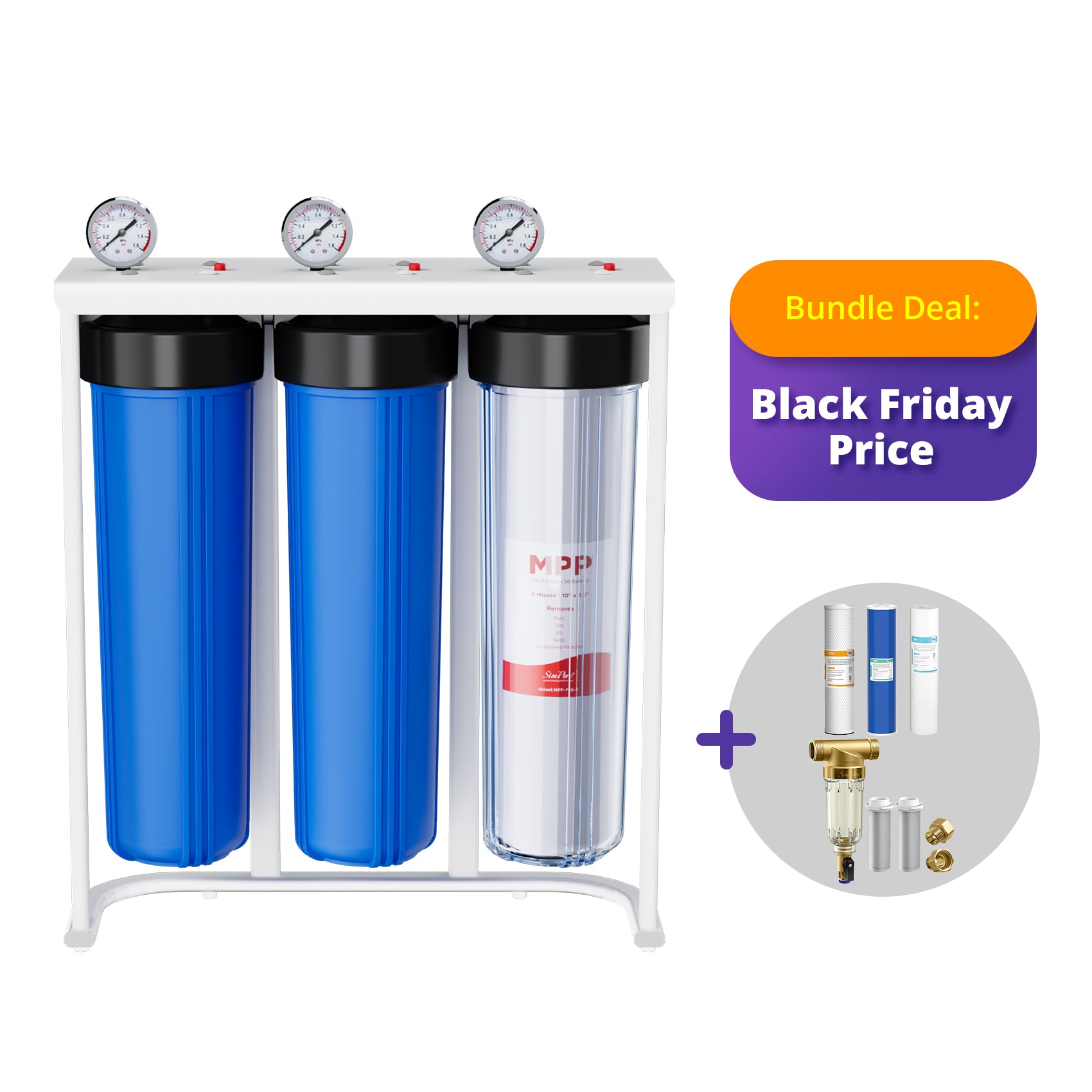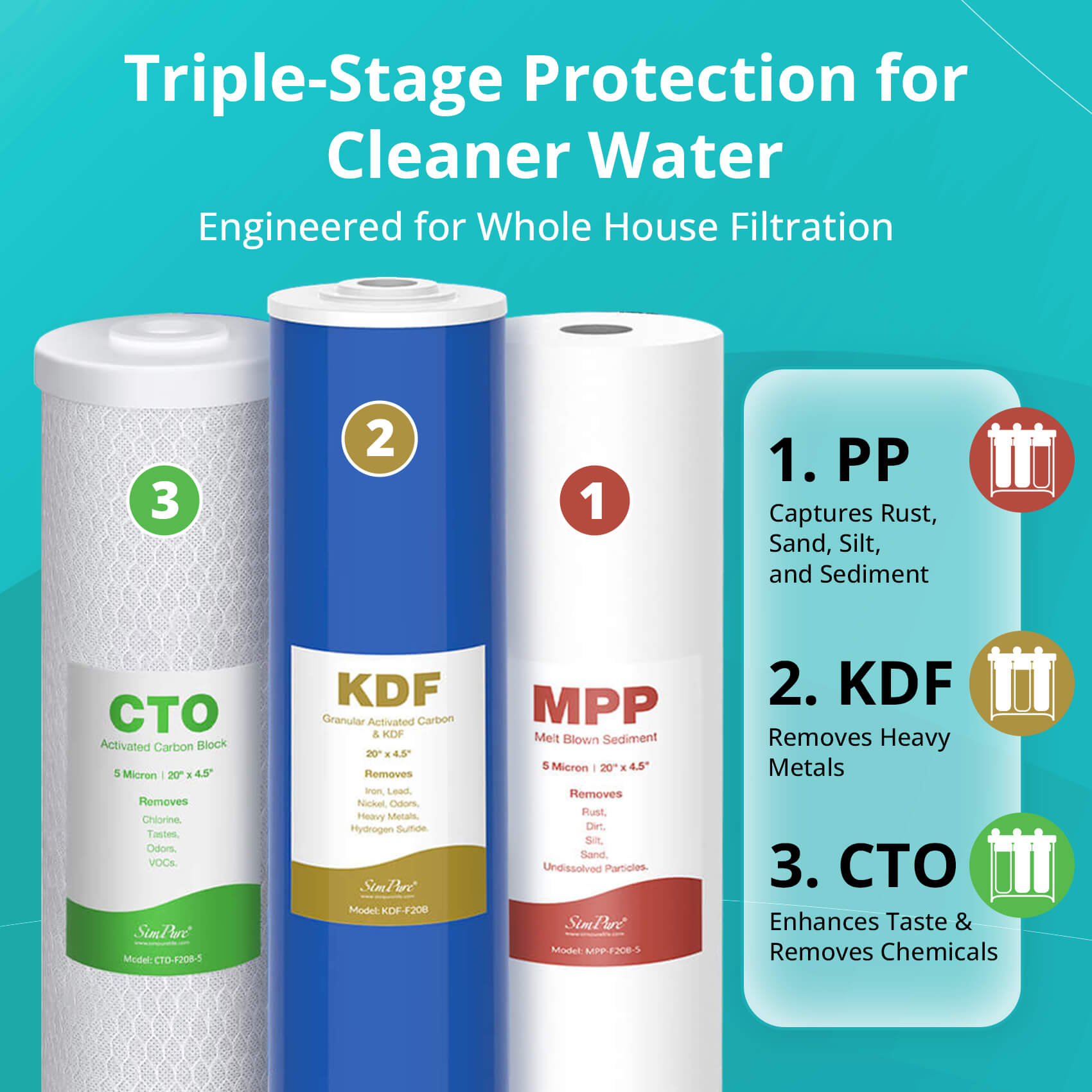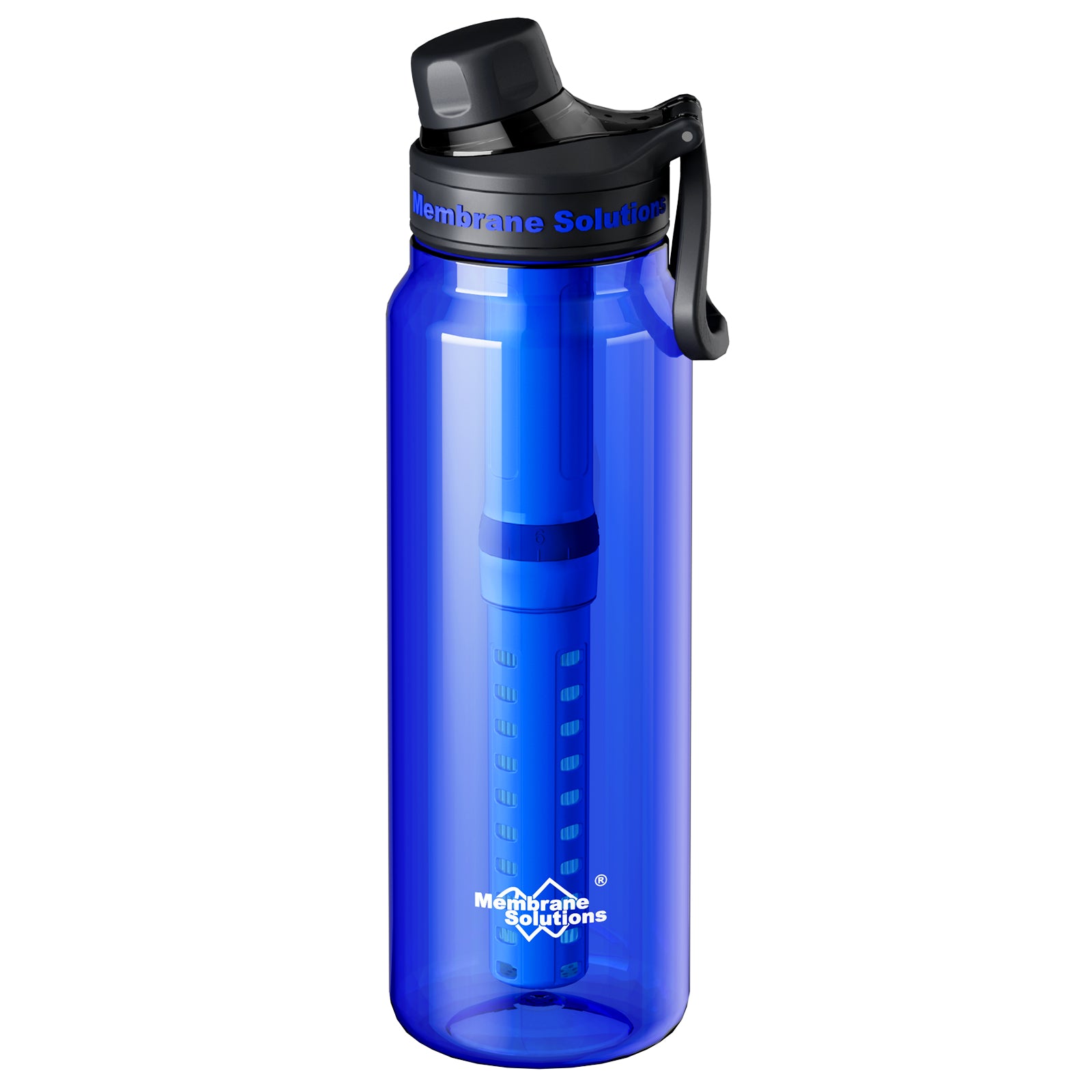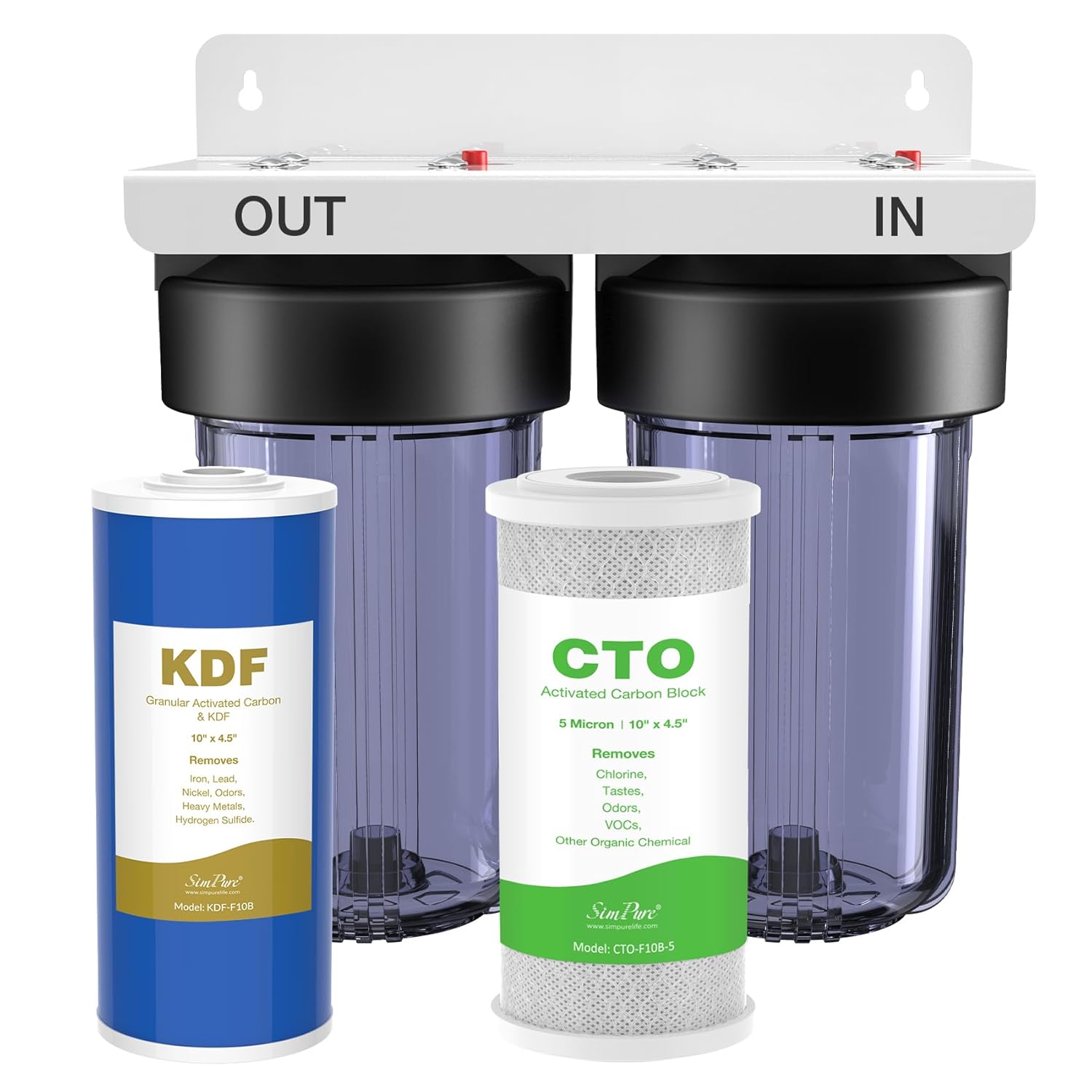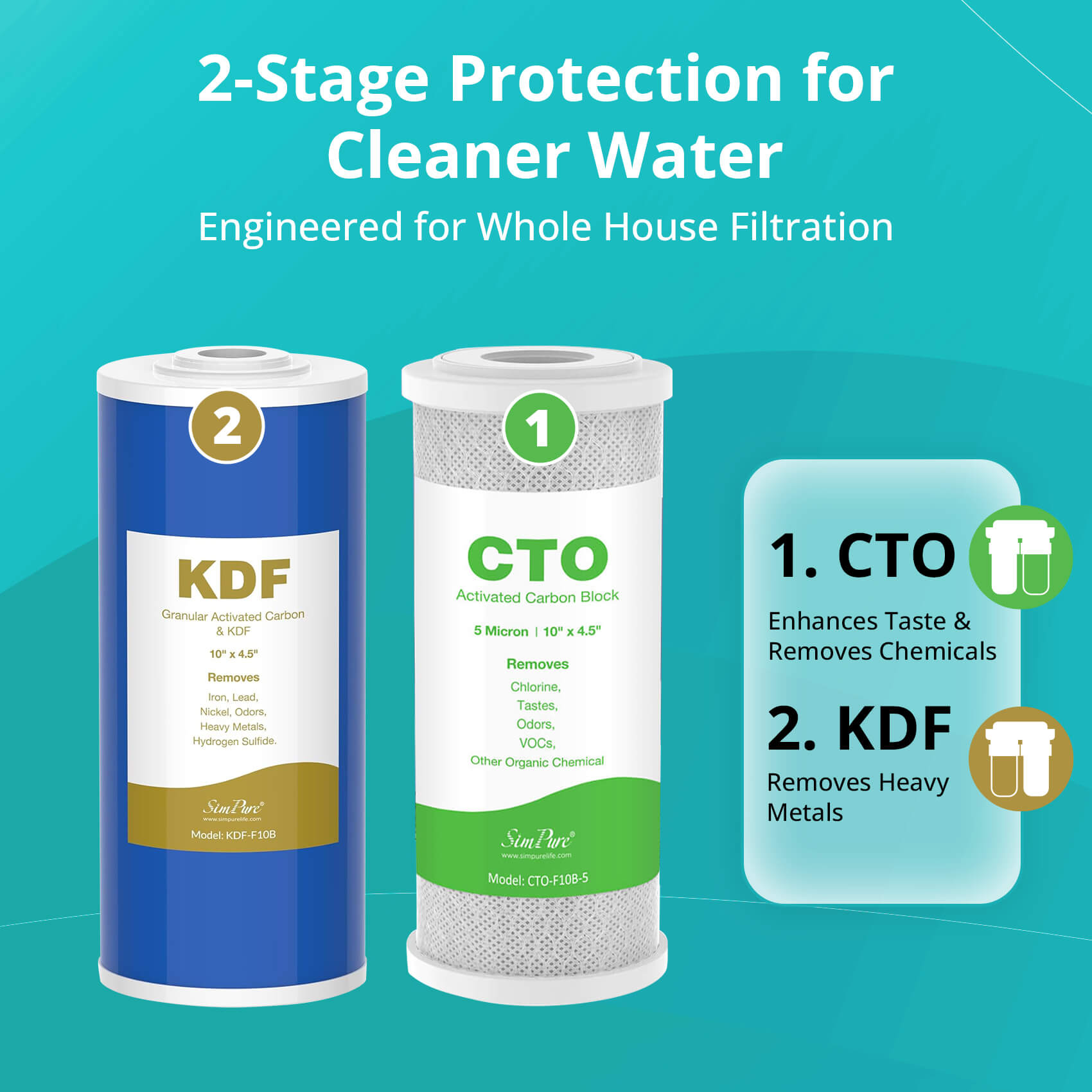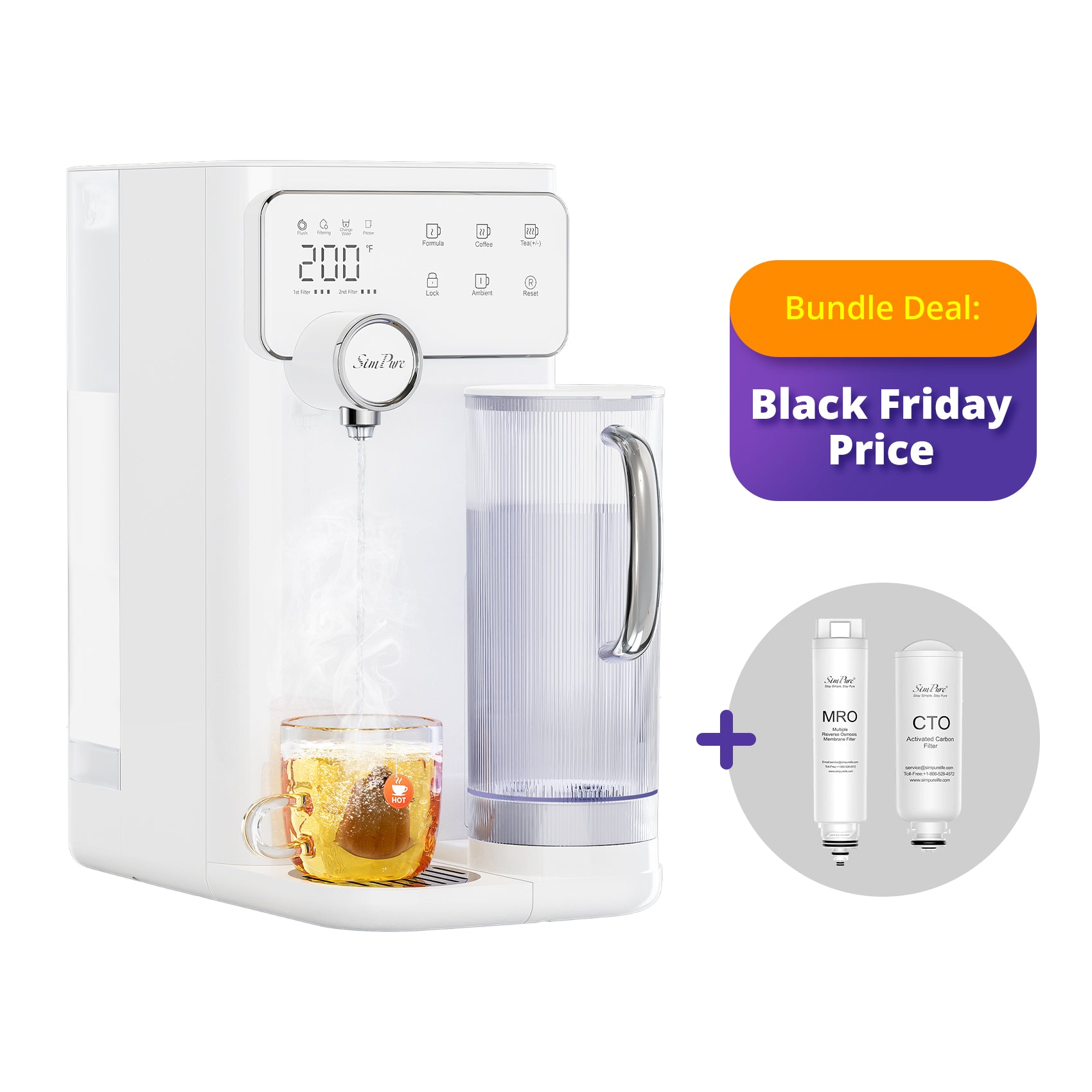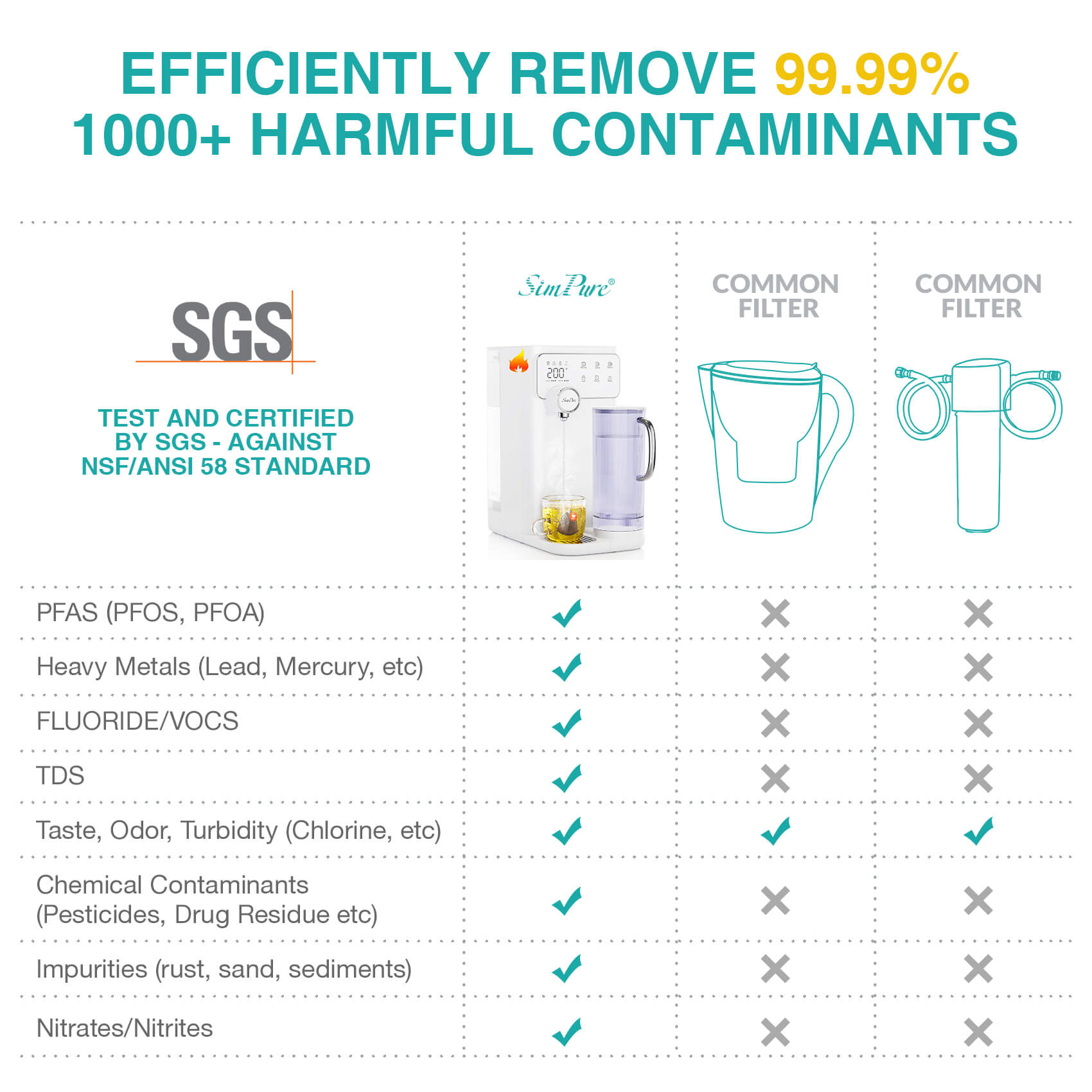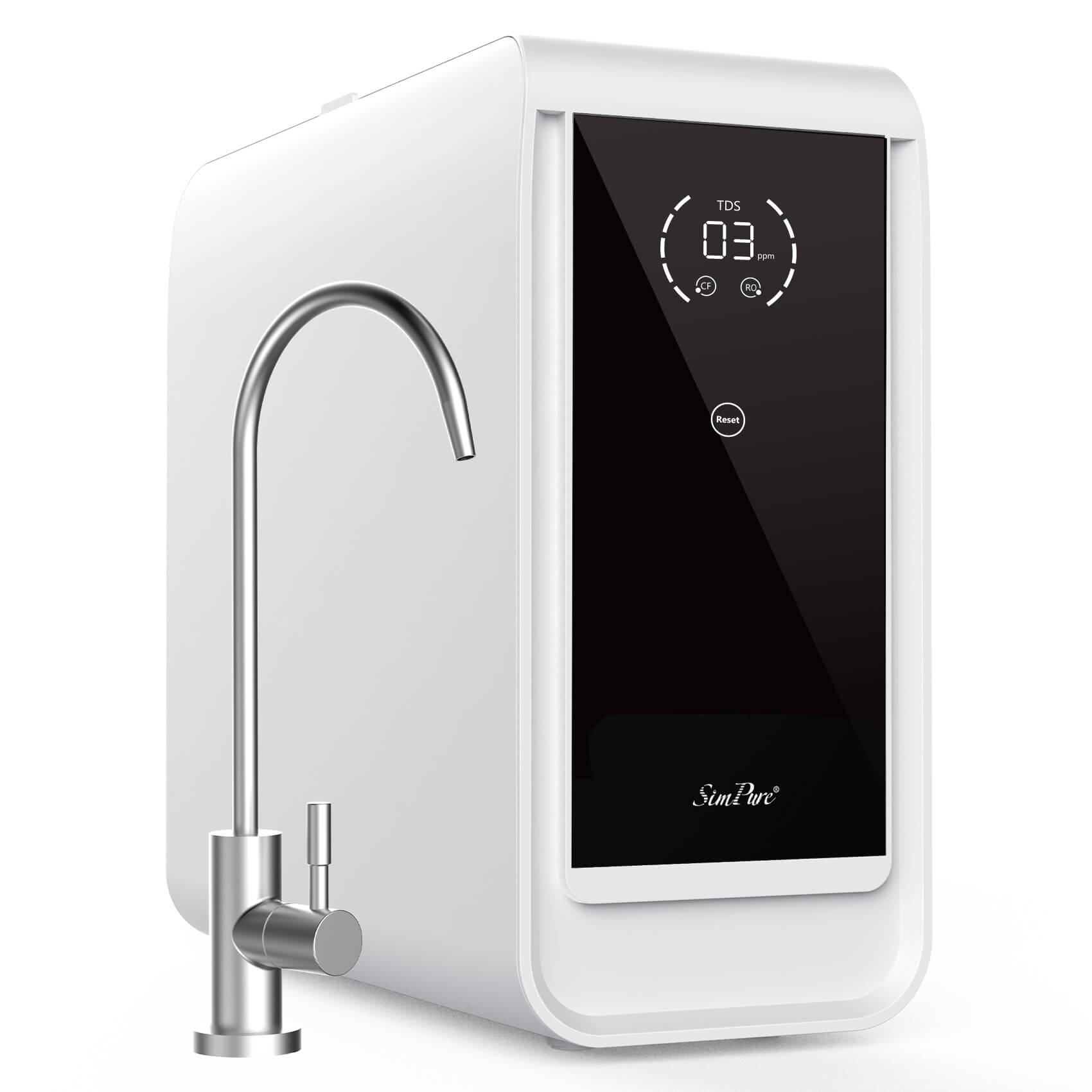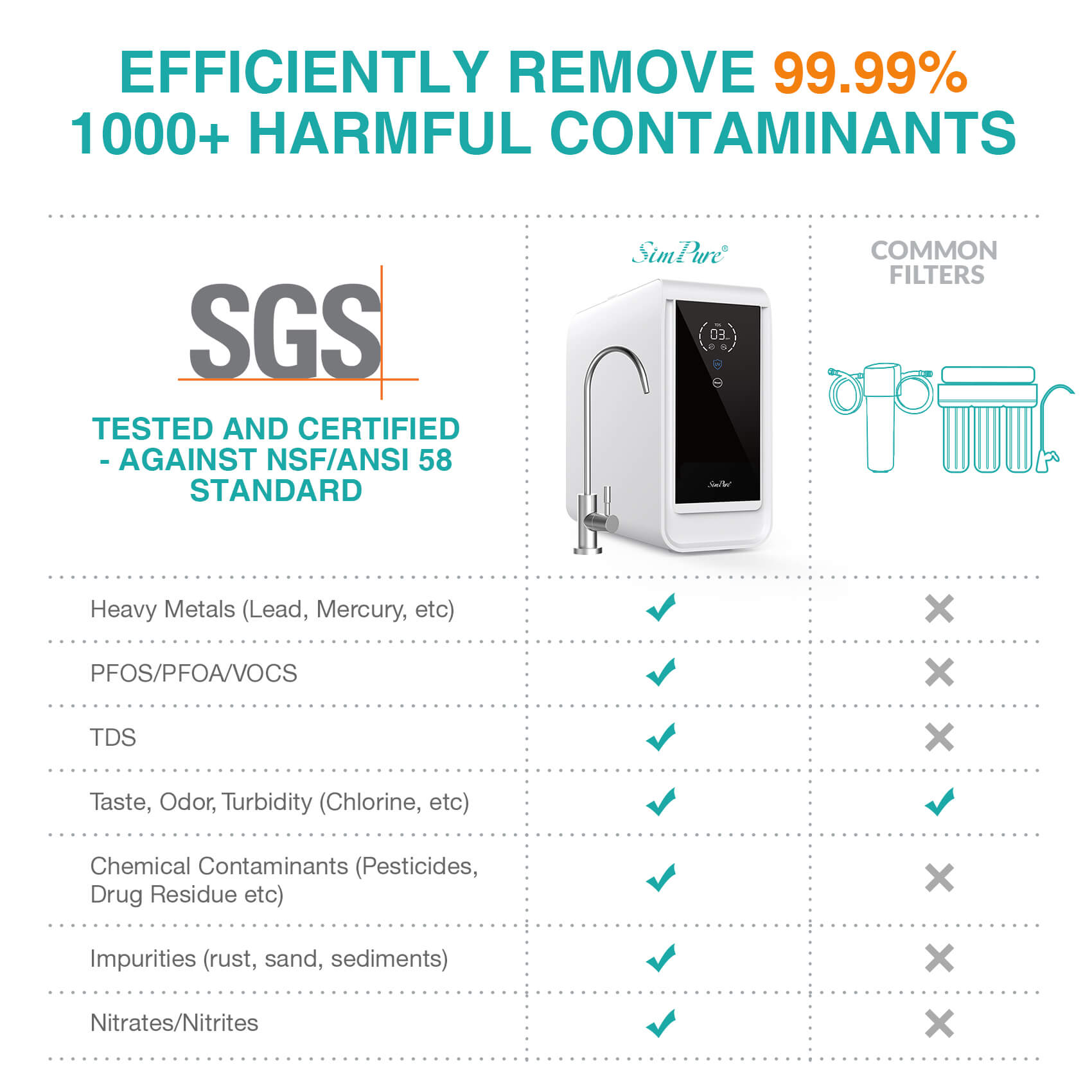When it comes to water filtration, many people ask if filtering makes water less alkaline. Filters like reverse osmosis and distillation can reduce alkalinity by removing essential minerals. If you want to make your water more alkaline, certain filters can add minerals back, raising the pH. In this post, we'll break down how different filters affect alkalinity and guide you on how to adjust your water’s pH to fit your preferences.
Does Filtering Water Make It Less Alkaline?
Yes, filtering water can make it less alkaline. Certain filters remove minerals that contribute to a high pH, lowering alkalinity. Do all water filters remove alkaline? However, not all filtration systems affect pH levels.
How It Works:
Alkaline water contains minerals like calcium and magnesium. When a filtration system removes these, the water’s pH decreases. Reverse osmosis and distillation remove nearly all dissolved minerals, making the water less alkaline. Other filters, like carbon and UV systems, do not significantly affect pH.
Which Filters Reduce Alkalinity:
Reverse Osmosis (RO): Removes minerals that raise pH, making water more acidic.

Distillation: Eliminates minerals by turning water into steam and condensing it.
Deionization Filters: Remove alkaline ions and replace them with neutral ones.
How to Increase Water's Alkalinity?
If filtering reduces alkalinity, can you increase it back? Many believe alkaline water offers health benefits like better hydration and pH balance. While scientific evidence is mixed, some prefer drinking alkaline water to reduce acidity in the body. If your water has lost its alkalinity, several methods can restore it:
Filters That Can Raise Alkalinity
Remineralization Filters – These filters add back essential minerals like calcium and magnesium, increasing the water's pH. The SimPure Y9A 300GPD 6-Stage Alkaline Countertop RO System is a great choice, as it not only removes contaminants but also restores healthy minerals for balanced, alkaline water.
Alkaline Water Pitchers – These pitchers contain mineral-rich filtration media that naturally increase pH as water passes through. They are affordable and easy to use.
Other Methods to Raise Alkalinity:
Baking Soda or pH Drops – Adding a small amount of baking soda or alkaline pH drops can quickly boost water's alkalinity. However, this method requires careful measurement to avoid altering taste.
Want to learn more? Check out our detailed guide on How to Create Alkaline Water for more insights!
How to Decrease Water's Alkalinity?
While many people seek alkaline water for its potential health benefits, some may need to lower water alkalinity for personal preference or medical reasons. High-pH water can sometimes be problematic for individuals with kidney issues or those who prefer neutral water for taste and cooking.
Filters That Can Lower Alkalinity
If you're looking to reduce the alkalinity of your water, consider these filtration methods:
Reverse Osmosis (RO) Systems – The most effective way to lower alkalinity is through reverse osmosis filtration. RO systems use a semipermeable membrane to remove dissolved minerals, including calcium and magnesium, which contribute to high pH levels. SimPure RO Systems are designed to deliver purified, neutral-pH water, making them ideal for those looking to balance their water’s alkalinity.
Distillation – This process boils water into steam and then condenses it back into liquid, leaving behind minerals and other impurities. However, it’s less efficient for daily use compared to RO filtration.
Acidic Filter Media – Some filters use activated carbon combined with acidic resin to neutralize high-pH water, effectively reducing alkalinity over time.
Other Considerations:
Activated Carbon: Can slightly reduce alkalinity, though not as much as reverse osmosis or distillation.
For the best results, a SimPure RO System is the recommended choice. It not only lowers alkalinity but also removes harmful contaminants, ensuring clean and balanced drinking water.
Bonus: Common Water Filtration Myths About Alkalinity
There's a lot of misinformation about alkaline water and filtration. Let's clear up three common myths.
Misconception 1: Alkaline water is necessary for good health.
Many people think they need alkaline water to stay healthy. The truth is, your body regulates its pH on its own. Your stomach acid quickly neutralizes any alkaline water you drink. While minerals in alkaline water can be beneficial, they aren't essential for good health. Eating a balanced diet does more to support your body than drinking alkaline water alone.
Misconception 2: Alkaline water can cure health issues.
Some claim alkaline water cures diseases or slows aging. There's no strong scientific proof for these claims. Hydration is important, but no water alone will cure medical conditions. If you enjoy alkaline water, that's fine. Just don't rely on it as a medical treatment.
Misconception 3: All filters make water less alkaline.
Not all filters lower alkalinity. RO systems remove minerals, which can reduce pH. But remineralization filters, alkaline pitchers, and certain cartridges actually increase alkalinity. If you want to keep alkaline water, choose a filter designed to maintain or boost pH.
Conclusion
Finding the right filter doesn't have to be complicated. Want lower alkalinity? Go with reverse osmosis or distillation. Want to increase it? Try an alkaline water filter or a mineral-boosting pitcher.
The best choice depends on your water and health needs. Testing your water first can help you make the right decision.
Not sure what's best for you? Test your water today and explore filtration options that meet your needs. If you need expert advice, reach out to our chat online.
Recommended Reading
Want to dive deeper into water pH and alkalinity? Check out these helpful resources:

